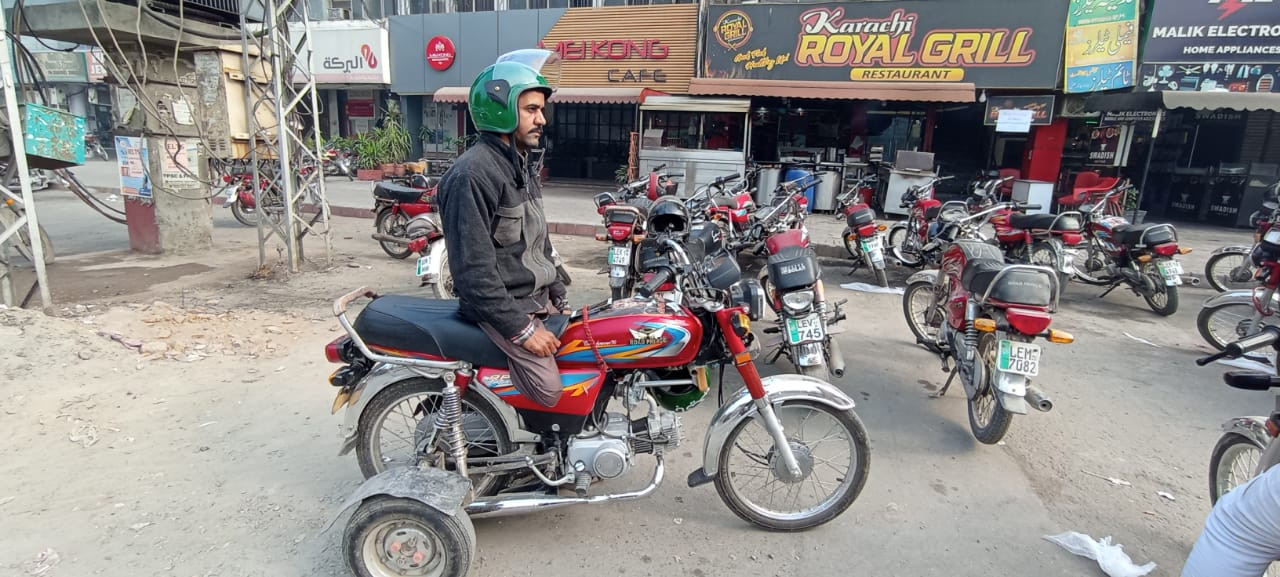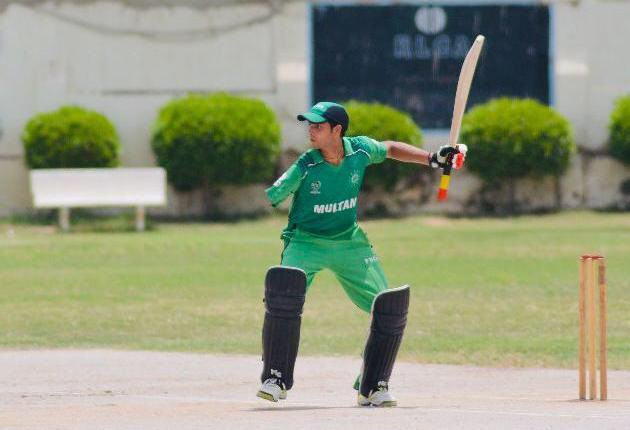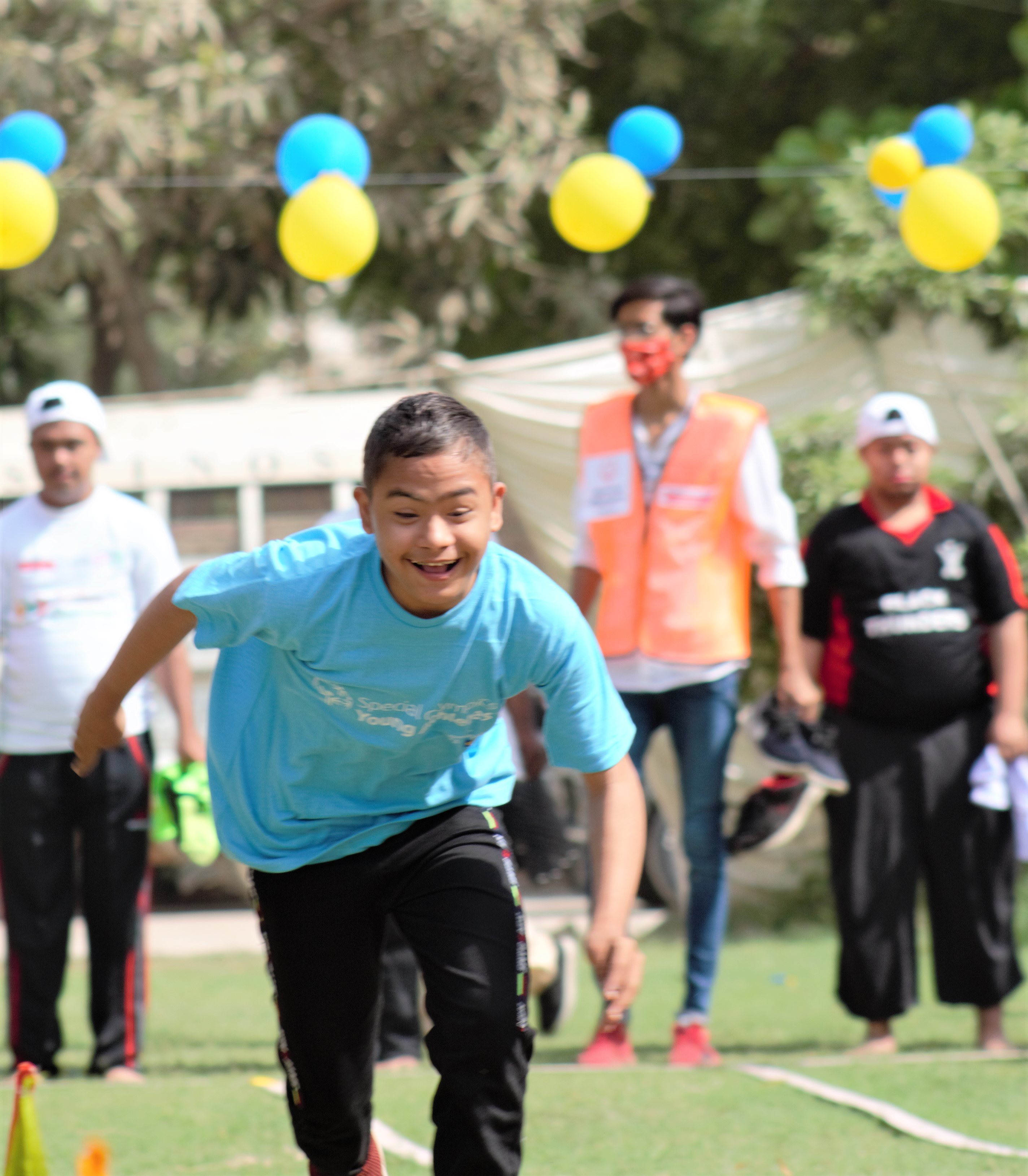With the beginning of December, many will be preparing for new year celebrations. For some it will be toasted moomphalis by the bonfire and for others it will be the seasonal wedding celebrations. However, for a few, this time of the year has a different meaning altogether. December 3 marks the International Day of People with Disabilities (IDPWD); a day for disability awareness.
As Covid-19 has affected everyone one way or another, the differently-abled people have also been affected – perhaps even the most. Following this, the theme for this year is ‘Fighting for the rights in a post-Covid-19 era’. The access of differently abled people to healthcare has faced a more extended isolation period than the general population due to their high vulnerability rate to the virus.
The goal for this year is to highlight the fact that for many people marginalisation, discrimination, vulnerability and exploitation are everyday realities. With reduced access to healthcare and rehabilitation services, more pronounced social isolation, poorly tailored public health messaging, inadequately constructed mental health services, and a lack of emergency preparedness for people with special needs, it pandemic has the lives of people with disabilities even more challenging than it already was in country.
According to World Health Organization (WHO) estimates, about 15 per cent of the world's population lives with some form of disability. While a study by Pakistan Poverty Alleviation Fund (PPAF) in 2011 stated that the people of Persons with Disabilities in Pakistan is estimated to be around 12%, and the prevalence rate of severe disabilities in the country is around two per cent.
Talking about the rights of disabled people or the awareness among the general public is shallow, especially in Pakistan, where there are not many organisations working for people with disabilities. From the day they are born to their senior old age, the people with disabilities face numerous challenges in society, education, extracurricular activities and employment.
Early days of life
There are several types of disabilities, and not all disabilities are visible. Parents can often some disabilities in their children at the time of birth. The most common one is visual impairment. There are several examples where the child cannot see clearly, but as he does not know the difference between the usual sight and his/her visually impaired sight, the child is unable to communicate this hinderance. Parents in such cases often times end up thinking the child is making excuses to avoid certain tasks.
Amir Riaz Khan, who was born with a visual impairment, which grew worse as he grew up, said that his parents were unable to realise his imapirment at first. “At an early age when a child goes to school and makes mistakes in copying words from the blackboard, the parents usually punish them without realising what difficulty he is facing,” said Amir, who used to copy schoolwork from his fellow student’s notes so that his parents would not beat him for copying wrong from the blackboard.
“This is because of lack of awareness among the public. If a child is facing difficulty in reading and writing they should immediately take them to the doctor,” said Amir, whose impairment grew worse with time and was finally diagnosed at the age of 12. “What happened with me is what usually happens in Pakistan. The parents are not able to diagnose in the first ten years. This calls for the awareness among the general public, educational institutes and the offices.”
Educational challenges
When we talk about education, there is less enrollment and a higher dropout ratio of persons with disabilities. Some institutes are working for inclusion and assimilation of persons with disabilities in mainstream schools however, factors such as teachers’ training, teaching methods, attitudinal challenges, and support services are still a challenge in Pakistan. The educational institutes don't have equal opportunities for the persons with disabilities.
Sana Zaheer, who lost her eyesight after an accident, has experienced getting an education as a regular student and as a differently-abled person. Sana got her education till her matriculation just like the other students but her life changed when she met an accident and lost her eyesight. However, that didn't stop her from achieving her goals. She completed her masters in Special Education from the University of Karachi and then got a job at Standard Chartered Bank as a teleconsultant.
“I have studied as a normal student and as a student with visual impairment. I have seen the difference in the attitude of other students and teachers towards people with disabilities. Honestly, it is not their fault. They have not been trained or educated about how to behave and support persons with disabilities,” said Sana. “The teachers are not trained for counselling, and the students don't know about how to support another student with disabilities.”
She said that from lack of access to classrooms, libraries, administrative offices, untrained teaching staff and unfriendly teaching methods to the hostile environment, lack of assistive devices, transport to and from as well as inside the campus, and inaccessible buildings - were all prime challenges.
Another woman facing visual impairment since childhood, Shahnaz Dedar, came from Jamshoro to Karachi and spent 15 years of her life in a hostel. She said that very few people help you during your education. “You don't have the books available for people with visual impairment. I had to make my notes, record the lectures, and commute independently. Persons with disabilities have to find a way to study independently,” said Shahnaz, who completed her PhD in Education from the University of Karachi.
Initially, she went to the IDA RIEU School for blind, deaf, dumb and children with other disabilities, where she received her early education. Although both Shahanaz and Sana agree that there should be more schools like this for the people with disabilities they also acknowledge that assimilation of persons with disabilities into mainstream schools with other students can also be important. Firstly, to help raise awareness and tolerance about disabilities among the population but also to help people with disabilities develop the same social skills that any other child in their age group would develop while in school. They also added that students and teachers should be trained to support people with disabilities.
Career challenges

Choosing a career and getting a job is a major challenge for students in Pakistan. Without access to the best private education and the helpful benefits of nepotism, many are already behind the curve. These challenges are only further exacerbated when you are differently-abled person. The ratio of employment of persons with disabilities is meagre in Pakistan, and the dropout ratio is high. This is due to a lack of acceptance as well as an unsupportive environment within many companies.
Although the government has instituted a quota for persons with disabilities, organisations rarely enforce or ensure this being upheld. They have misconceptions that persons with disabilities are not fit to work.
But still, many organisations have been supporting them in getting employment and making their life easy not only at work but also in their daily lives. Standard Chartered Pakistan was the first bank to offer jobs to people with visual impairment and currently have 25 people with visual impairment employed with their banks.
According to Muhammad Umer, the Country Head, Human Resources at Standard Chartered Pakistan, “At the Standard Chartered, we are passionate about making a difference for the differently-abled and provide employment opportunities and promote inclusion to do the right thing for our clients and staff. We are working to increase disability awareness, build capability and provide accessible banking services to improve the overall experience of our colleagues and clients with disabilities in close collaboration with the regulator to become market leaders.”
He added that to help increase awareness, they have been trying to effectively build communication and develop the staff by equipping them with sign language (at key touchpoints) to assist better the staff and clients who are differently-abled. “We are collaborating with ConnectHear, winners of the SC Women in Tech (Cohort 2), to conduct Sensitivity, Inclusion and Accessibility workshops for our staff. With their support, we can include the basic daily life and work-related vocabulary that is useful for the staff to interact with Deaf customers and employees,” he said.
The bank is also conducting dedicated recruitment drives and launching internship programs in partnership with NGOs, including NOWPDP. They also have assistive and accessible technology options available for their visually impaired staff.
“They utilise assistive technology that enables them to perform at their best, such as closed captioning in meeting platforms, JAWS, on-screen keyboards, and text narration. To equip them with the new Ways of Working (nWOW) and create an inclusive environment, we have conducted sessions for BlueJeans- an application used at SCB for video/ audio webinars. We have available options for where the staff can use text to speech & speech to text command for their convenience,” he informed.
Saima Tasadduq, the team lead and the manager of PWDs at the SCBPL, said that with the help of the software, they continuously learn new skills and stay up with the rest of the department. “With the help of the software, they don't work any different than the normal people. Even others often come to them to learn certain stuff which these people do better than them,” she said.
When there are office jobs, ride-hailing services have also created opportunities for disabled people to make a living. Muhammad Saeed, who has one leg, gets up daily and rides his three-wheeled motorcycle and a green helmet to take people from one place to another. For the last three months, he has been working for Bykea, a ride-hailing and parcel delivery service and says that he now earns well for his family.
The 33-year-old father of a daughter, Saeed, lost his leg 29 years ago when he fell off of a roof. He was hesitant to go out, fearing what people would say, but then was motivated by his family and worked in different factories and showrooms afterwards. For him, these 29 years have been a difficult journey as in many instances he felt people were not that supportive, and whenever he asked ask for help, many usually wrongfully assumed he was a beggar.
“Although I am earning well at Bykea now, still there are some challenges. When I get a ride and arrive at the location to pick up the customer, some cancel the ride after watching my bike and leg. I feel that people are not that supportive, and they are not aware that we can also work,” he said.
He added that some people support and encourage that I work despite the disability. “These are the people whom I listen to and ignore the ones who criticise or demotivate me. If I start listening to everyone, I won't work. I am glad that I work and also urge other people with disabilities that if they try, they will find a source of earning according to their skill,” he said.
Commuting challenges
There are not many commuting facilities for persons with disabilities in Pakistan. Public buses don't have the necessary facilities and equipment to support someone with disabilities. However, ride-hailing services have made it easy for them to commute. Amir, who works at the SCBPL as a call service agent, says that although the bank provides them with transport from their home to the office when they have to travel on their own, public transport is a hassle.
“Ride-hailing services have made it easy for us to commute. Now we can call the cab or bike at the doorstep and go wherever we want,” he said. Bykea also has a feature of calling a bike with a missed call. The feature was initially made for people who are low on balance, but it is also helping people who are visually impaired and cannot use the application to call a ride.
The founder of Bykea, Muneeb Maayr, said, “We introduced our Missed Call service for people who were either low on balance or were using feature phones. We later realised that it is also being used by people who are visually impaired. It is pretty amazing how a solution was able to help a variety of people and made their life easier.”
Sporting challenges

As much as sports is essential for the general population, it is more important for people with disabilities. Sports helps them improve their quality of life, including mood and well-being, increases muscle strength and stamina, reduces symptoms of depression and anxiety, and enhances social and family life.
In Pakistan, the most famous sport is arguably cricket, and Pakistan Disabled Cricket Association (PDCA) is working to provide the people with disabilities with an opportunity to showcase their skills in the sport. PDCA holds an annual national-level tournament and believes that sports play an essential role in the life of persons with disabilities.
“Persons with disabilities through sports can develop independence, acquire vital social skills, and become empowered to motivate others. Sports teaches individuals the significance of teamwork and cooperation and how to communicate effectively and respect others. By helping persons with disabilities to become physically and mentally stronger, it can help them reduce dependence and increase independence,” said the Hon. Secretary of PDCA, Amiruddin Ansari.

Apart from cricket, another organisation, Special Olympics Pakistan (SOP), is also working to provide disabled children and adults with an opportunity to showcase their skills in other sports.
SOP has been working for the special needs community in Pakistan since 1989. They have an early childhood play programme, Special Olympics Young Athletes, for children with and without intellectual disabilities, from ages two to seven years old.
They also offer free health exams to adults and children with intellectual disabilities. Family Input Council & Sibling Engagement Programme, Motor Activity Training Program (MATP) are also SOP’s initiatives designed for athletes who are unable to participate in official Special Olympics sport competitions because of their skill and/or functional abilities.
Chairperson SOP Ronak Lakhani said, “In these 31 years we are stronger than ever, with an even stronger footprint across Pakistan. SOP is reaching out to the farthest district, identifying the vulnerable and leading them to the ground, slowly but surely, transforming their lives through the Power of Sports, hence - leaving noone behind.”
“With our eyes set on Special Olympics World Games happening in 2023 in Berlin, which will be the biggest unified sporting event of the year for Special Olympics, we need the support of the community to come together and be part of the movement for inclusion and acceptance,” added Ronak.
